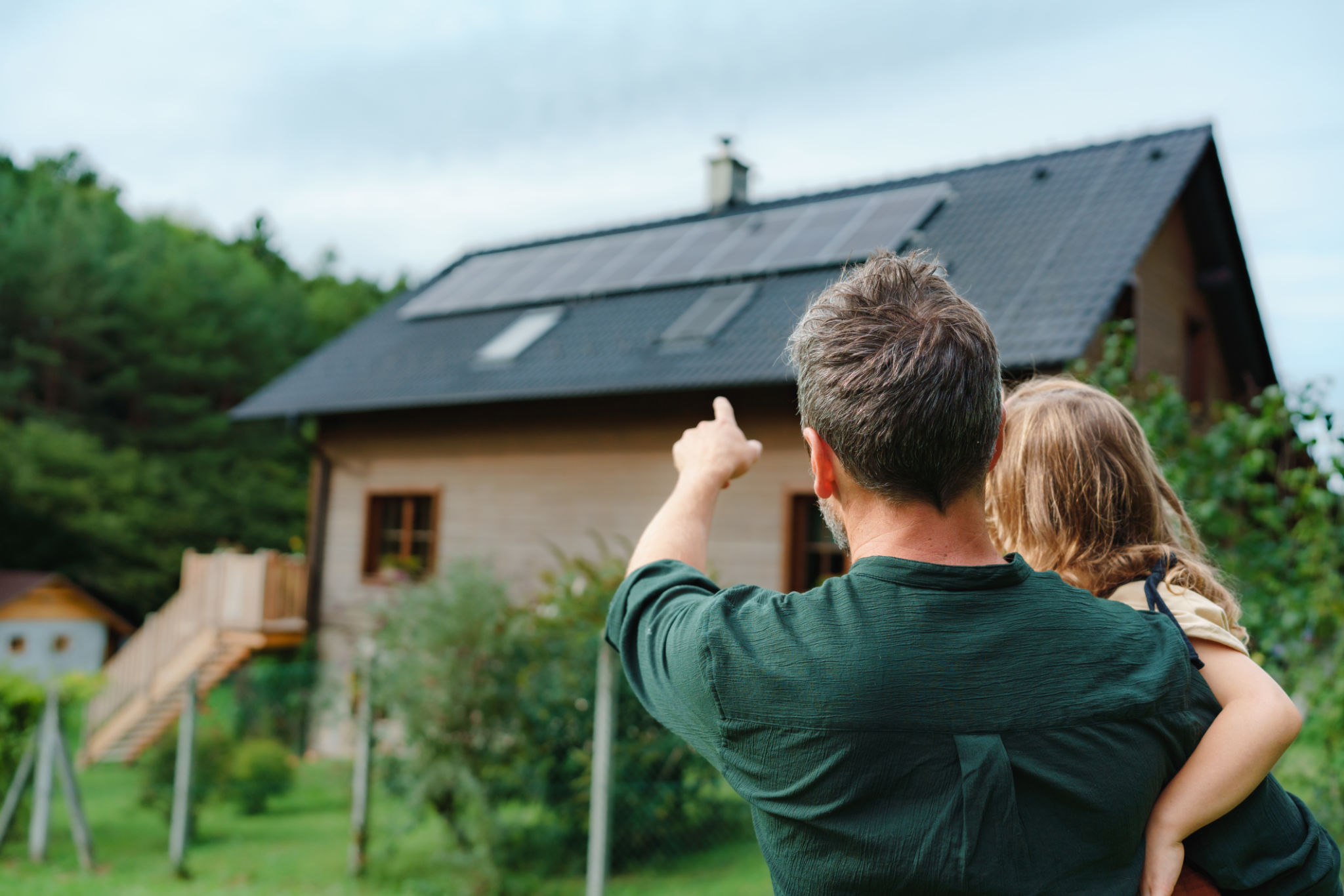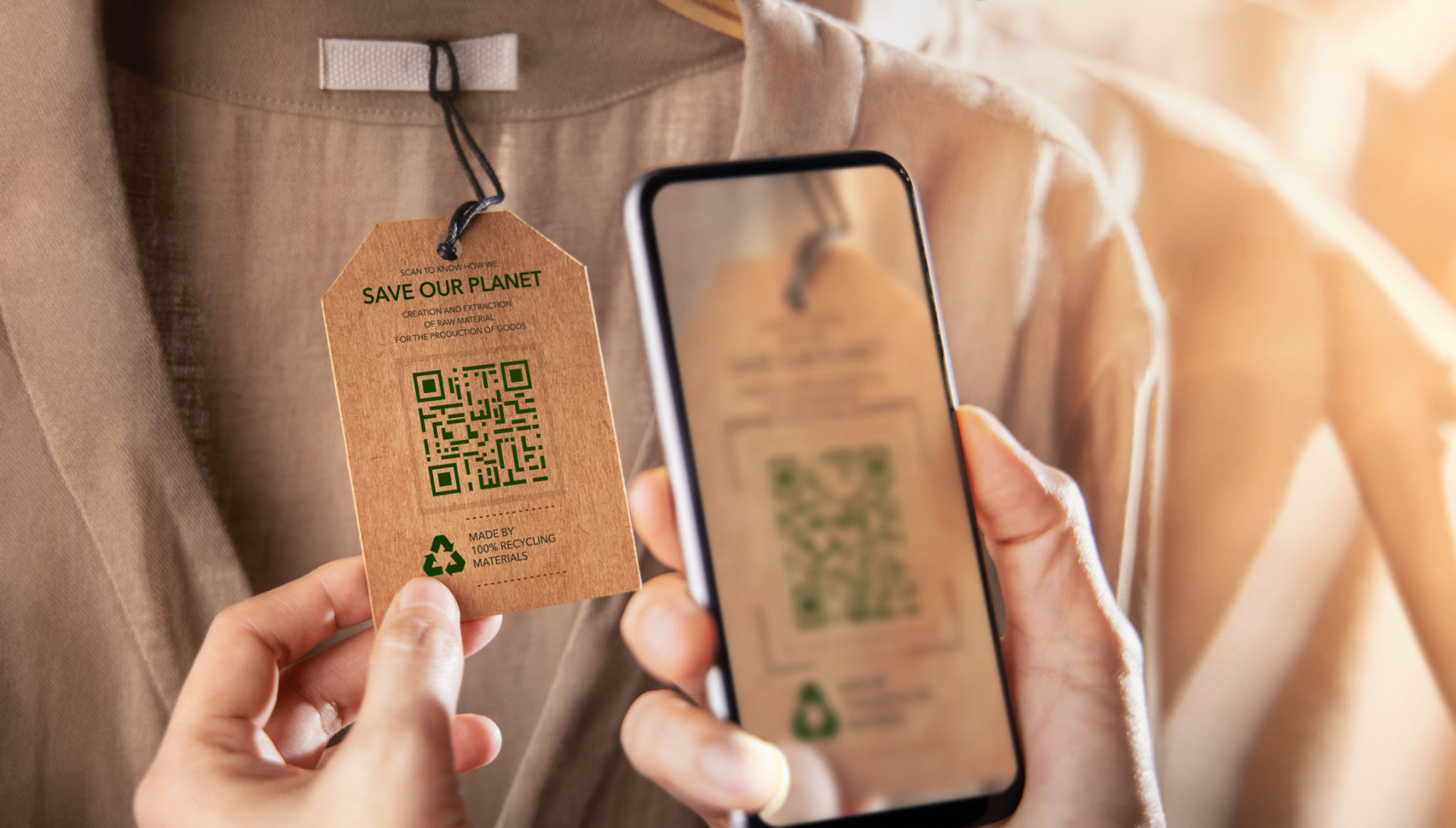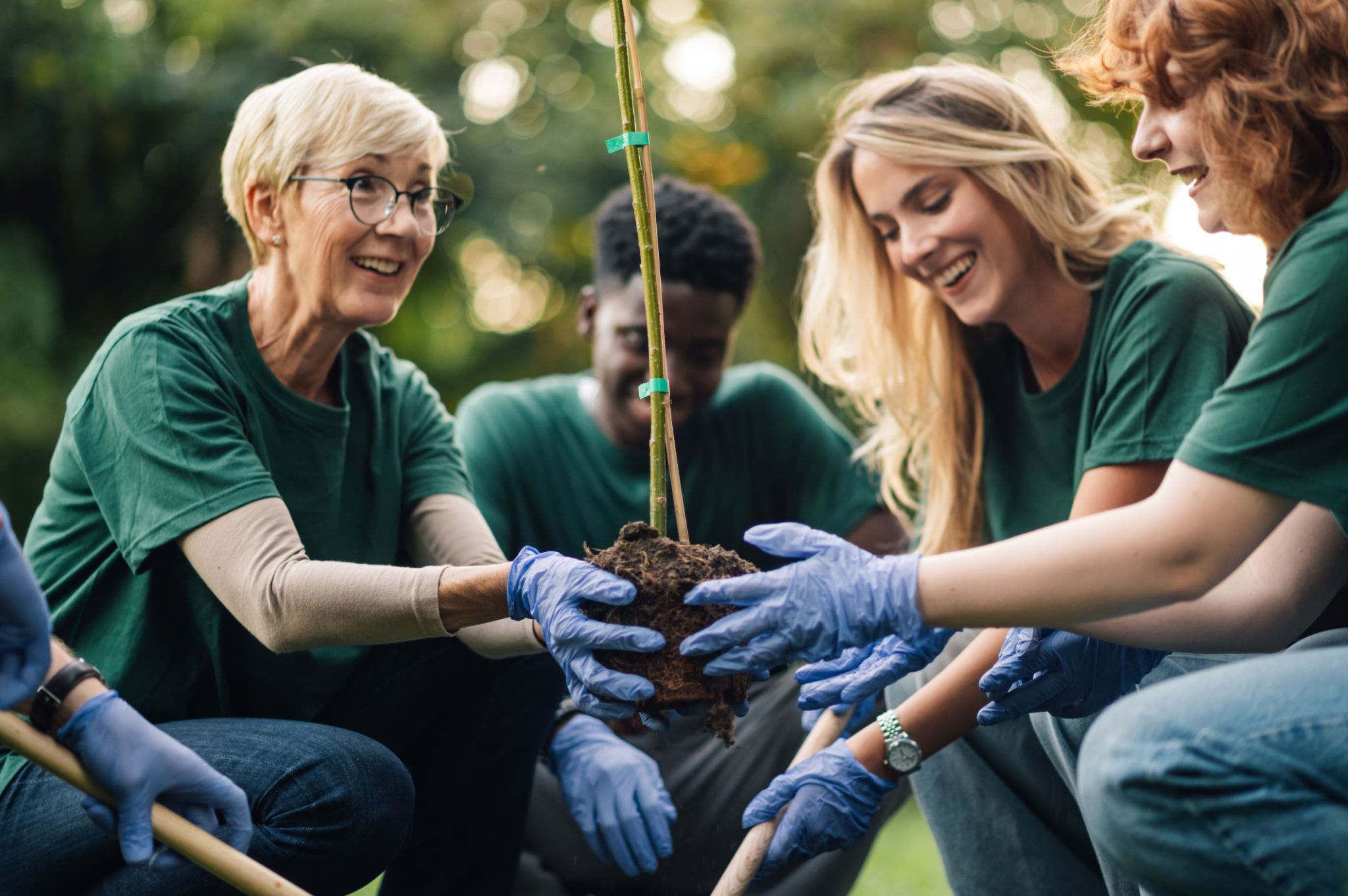How to Transition to an Eco-Friendly Lifestyle with Kids
Understanding the Importance of an Eco-Friendly Lifestyle
Transitioning to an eco-friendly lifestyle is more than just a trend; it's a pivotal step towards ensuring a sustainable future. Introducing these practices to your children not only benefits the environment but also instills values of responsibility and mindfulness in them. Teaching kids about the importance of sustainability can empower them to make conscious decisions as they grow.
When embarking on this journey with your children, it's important to approach it as a family project. This way, everyone feels involved and motivated. Kids naturally have a curious mind and a willingness to learn, making this transition smoother and more enjoyable.

Start with Simple Changes at Home
One of the easiest ways to begin is by making small changes in your household routines. These initial steps can include:
- Reducing Waste: Encourage recycling and composting. Teach children how different materials can be reused or recycled.
- Conserving Energy: Make it a habit to turn off lights when leaving a room and unplug devices that are not in use.
- Using Water Wisely: Involve kids in activities like watering plants with rainwater or taking shorter showers.
By integrating these habits into daily life, children learn the impact of their actions on the environment. These practices also illustrate the importance of conserving resources for future generations.
Engage Kids with Nature
Spending time outdoors can significantly enhance children's connection to nature. Plan family outings to parks, nature reserves, or beaches where they can directly observe wildlife and ecosystems. This exposure helps build a deeper appreciation for the natural world and emphasizes the importance of protecting it.

Gardening is another excellent way to engage children with nature. It teaches them about plant life cycles, the importance of pollinators, and where food comes from. You can start with a small home garden or even container plants if space is limited.
Incorporate Eco-Friendly Products and Practices
Gradually replace household items with eco-friendly alternatives. Opt for biodegradable cleaning products, reusable shopping bags, and bamboo toothbrushes. Discuss with your children why these choices matter and how they contribute to reducing environmental impact.
Encourage kids to be mindful consumers by involving them in shopping decisions. Teach them to look for sustainable labels on products and to choose items with minimal packaging. This practice not only supports eco-friendly habits but also fosters critical thinking skills about consumption.

Make Learning Fun
Education about environmental issues doesn't have to be dull. Use creative methods like storytelling, games, or science experiments to make learning fun and engaging. There are numerous books and documentaries tailored for children that can provide valuable insights into environmental topics.
Create a reward system for eco-friendly actions, such as stickers or extra playtime, to motivate kids. This positive reinforcement can encourage them to continue practicing sustainable habits.
Join Community Initiatives
Participating in community eco-friendly projects can amplify the impact of your family's efforts. Look for local cleanup events, tree planting initiatives, or recycling programs. These activities not only build community spirit but also show children the power of collective action in making a difference.

By involving your family in these initiatives, you provide children with role models and a sense of belonging, reinforcing their commitment to an eco-friendly lifestyle.
Foster Continuous Learning
The journey towards an eco-friendly lifestyle is ongoing. Encourage your family to stay informed about new environmental challenges and solutions. Subscribe to newsletters or follow eco-conscious influencers online to keep up with the latest trends and innovations.
By fostering a culture of continuous learning, your family will be better equipped to adapt to changes and contribute positively to the environment over time.
Transitioning to an eco-friendly lifestyle with kids is a rewarding journey that benefits both your family and the planet. By starting with small changes and fostering a love for nature, you can inspire lifelong habits that promote sustainability and environmental stewardship.
